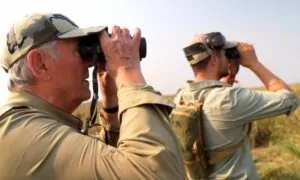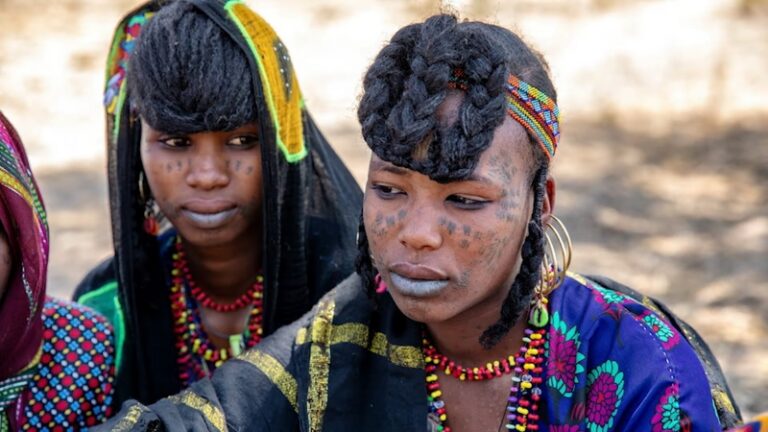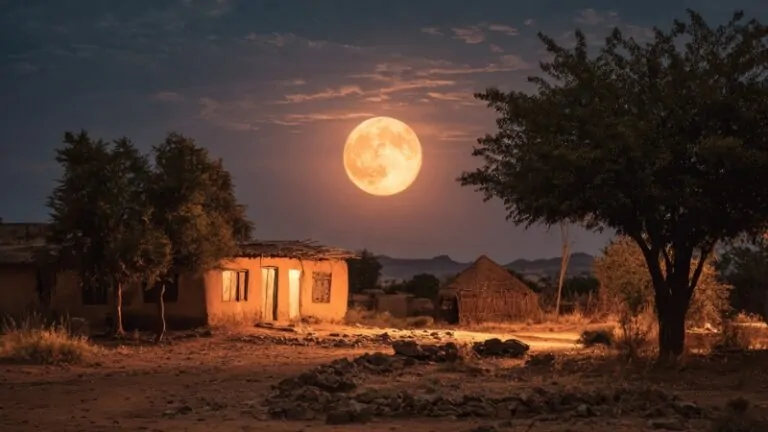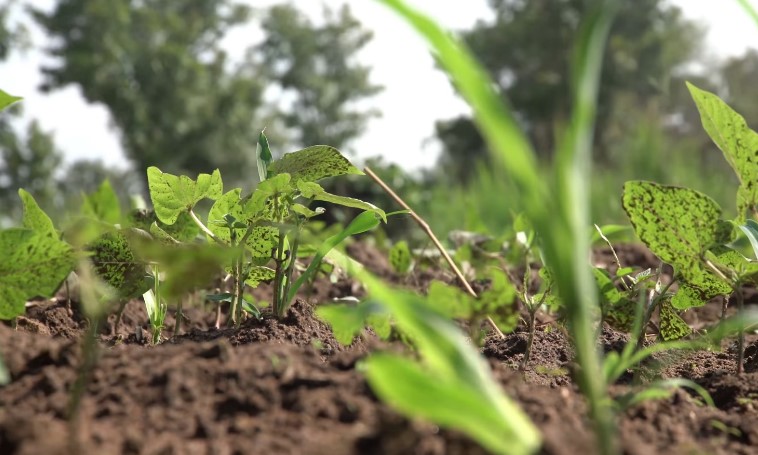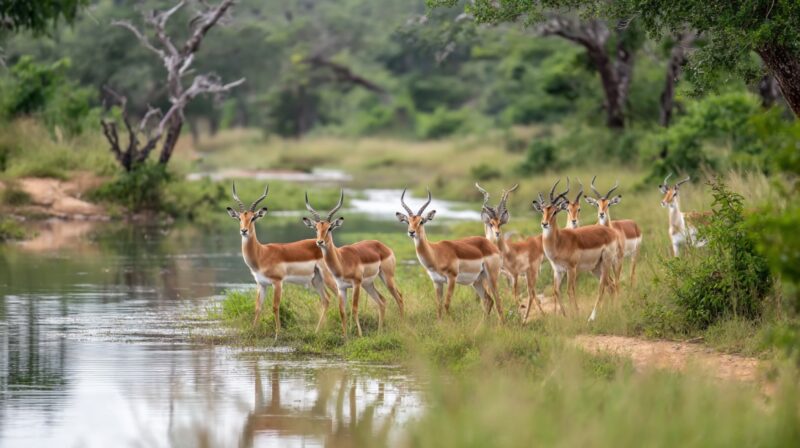
Yankari National Park represents Nigeria’s premier wildlife sanctuary and one of the most renowned natural destinations in West Africa.
Table of Contents
ToggleIt plays a central role in ecotourism by offering visitors a chance to experience authentic safari adventures.
Travelers are drawn by its extraordinary wildlife population, including the largest concentration of elephants in Nigeria, as well as its natural hot springs and remarkable biodiversity.
A visit provides both thrilling encounters with animals and cultural insights that enrich the overall experience.
Location and Geography
Yankari’s geographical setting makes it a vital conservation zone in Nigeria.
Located in South-Central Bauchi State in the northeastern part of the country, it spreads across 2,244 square kilometers of protected area.
The park belongs to the West African savanna biome, a mix of grasslands and woodland vegetation that supports large herbivores and predators.
Hydrological features such as rivers and springs cut through the plains, shaping vegetation patterns and ensuring animals have reliable water sources.
- Rolling plains that dominate much of the park.
- Pockets of riverine forests near springs and streams.
- A mixture of dry savanna zones and greener corridors that support a variety of plant and animal life.
Such diversity in terrain creates an environment suited for multiple species, allowing both grazers and browsers to thrive.
Visitors gain a sense of vast open spaces, which contribute to the adventurous safari experience.
Things to Do in Yankari National Park
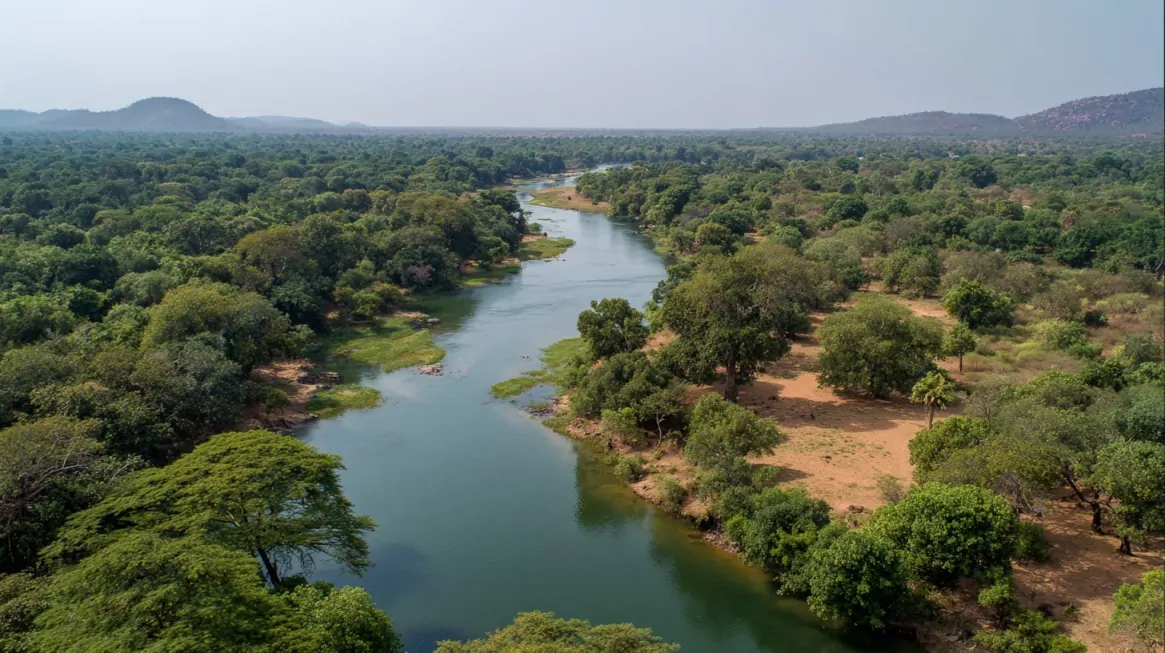
Visitors can enjoy a variety of activities that highlight both natural and cultural aspects of the park.
Game Drives
Morning and afternoon game drives remain the most popular activities.
- Elephants
- Lions
- Gazelles
- Bird species
Wildlife sightings are more frequent in the dry season as animals gather around shrinking water sources.
Game drives not only entertain but also educate, as guides share insights into animal behavior and conservation challenges.
For those joining a safari, packing the right gear is essential.
Comfortable clothing, insect repellent, binoculars, and sturdy tactical boots help ensure safety and comfort during long hours in open terrain.
Proper footwear becomes especially important when stepping out of vehicles or walking short trails, as the ground can be uneven and rocky.
Soak in the Wiki Warm Springs
@jeekkimm Discover the beauty of Wikki Warm Spring in Yankari National Park! As the largest of the four warm springs in the park, it offers a constant temperature of 31.1°C day and night, making it ideal for a refreshing swim anytime. This crystal-clear spring is 13 meters wide and 2 meters deep, surrounded by lush greenery that creates a serene, natural spa atmosphere. A perfect spot for relaxation and adventure! #wikkiwarmspring #bauchi #bauchitiktok ♬ original sound – JEEKKIMM
Among the park’s natural wonders, the Wiki Warm Springs is most famous.
With water temperatures between 27°C and 31°C, the spring provides a refreshing swimming environment.
Its crystal-clear waters and scenic setting attract both tourists and locals.
- Swimwear and towels
- Hair covers to protect against mineral-rich water
- Water shoes for comfort on rocky surfaces
A soak in the spring offers relaxation after a day of safari adventures, creating a balance between excitement and rejuvenation.
Explore the Caves
Ancient caves within the park offer insights into human history in the region.
Guided tours reveal evidence of iron smelting industries and artifacts linked to trade routes.
These caves serve as cultural touchpoints, connecting visitors with Nigeria’s past while complementing wildlife activities.
Bird Watching
Birdwatching is particularly rewarding for early risers.
Water bodies and open grasslands attract both local and migratory birds.
Visitors with binoculars and field guides will find the experience enriched, especially during the rainy season when bird populations are at their peak.
Wildlife and Biodiversity
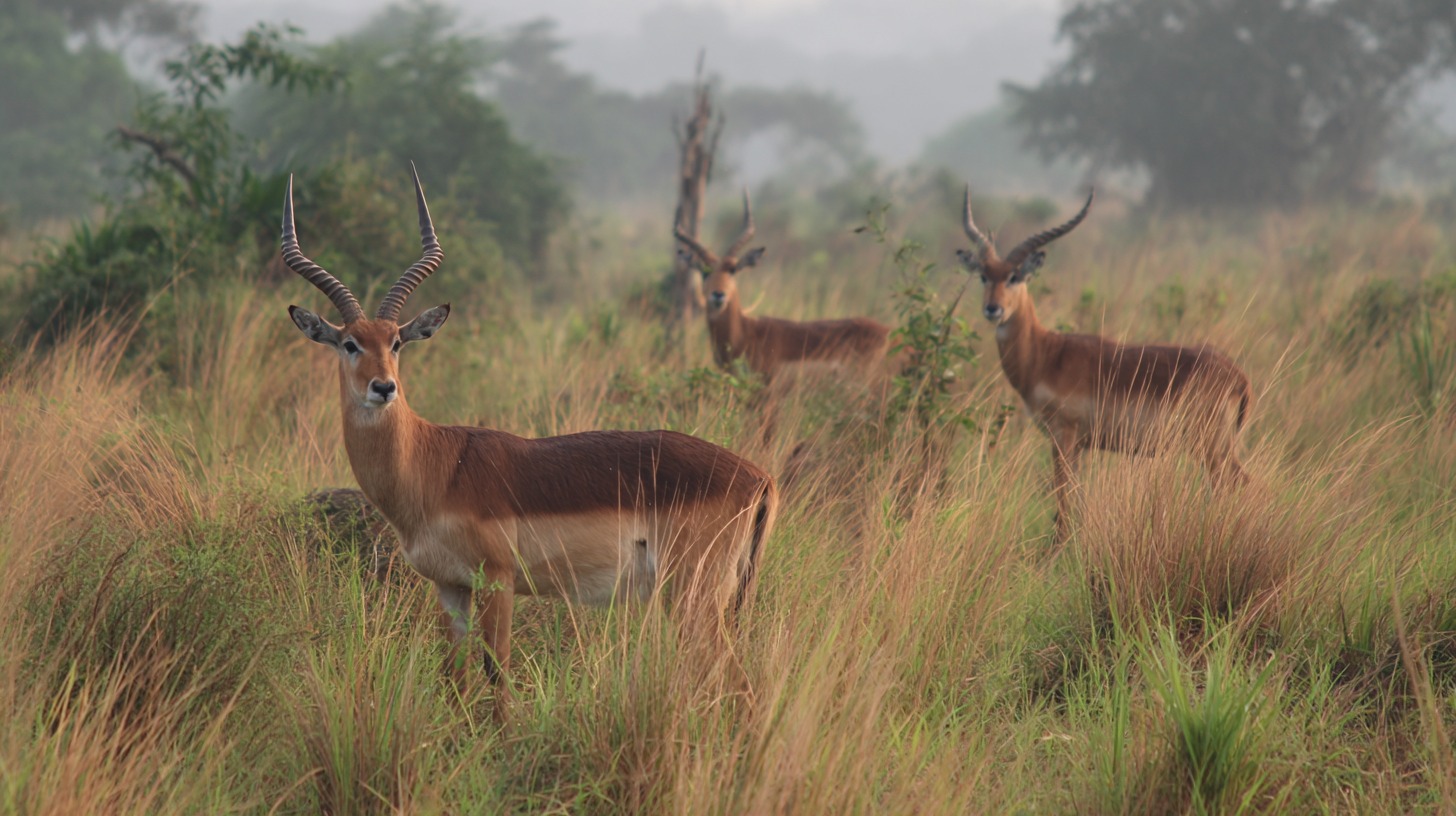
An introduction to Yankari’s biodiversity highlights its reputation as one of Nigeria’s premier safari destinations.
With an impressive range of mammals, bird species, and flora, the park offers encounters that reflect the vitality of the West African savanna.
Mammals
Large mammals form the centerpiece of safari experiences. African bush elephants dominate attention, representing the largest surviving herd in the country.
Conservationists frequently point to these elephants as symbols of the park’s ecological importance.
Critically endangered West African lions also roam within its borders, though sightings are rare.
- Buffalo and hippopotamus
- Roan antelope and hartebeest
- Bushbucks and warthogs
- Baboons and several monkey species
The presence of these mammals ensures varied encounters during game drives, with each animal contributing to the vibrancy of the ecosystem.
Bird Species
Over 350 species of birds have been recorded, making Yankari a hotspot for birdwatchers.
Seasonal patterns and climate variations bring different species into activity throughout the year.
- Saddle-billed stork
- White-rumped vulture
- Guinea fowl
- Numerous smaller waterbirds and savanna species
Birdwatching is particularly productive during the rainy season, when bird activity increases around rivers and wetlands.
Flora
Plant life reflects classic savanna vegetation, with tall grasses interspersed by acacia trees and scattered shrubs.
These grasslands form grazing grounds for antelopes and buffalo.
Riverine forests near springs provide shaded cover and cooler microclimates, home to species that prefer dense vegetation.
The balance between open plains and wooded areas sustains a broad spectrum of wildlife and gives the park its ecological character.
When to Visit
Planning a visit requires consideration of seasonal variations, as wildlife behavior and vegetation change dramatically during the year.
Dry Season (November–April): Best period for spotting large animals, especially during March and April. Scarcity of water forces elephants, antelopes, and predators toward rivers and springs, making sightings more frequent.
Rainy Season (May–September): Average temperatures fall to around 24°C, with greener scenery and active birdlife. While mammal sightings decline, springs and wetlands provide refreshing escapes and excellent birdwatching opportunities.
Both seasons present advantages. Dry months maximize big game encounters, while rainy months offer cooler weather and vibrant natural surroundings.
Travelers can choose depending on their interests, wildlife-focused safaris or a mix of relaxation and birdwatching.
How to Get There
Reaching Yankari National Park is possible by both air and road, depending on budget and travel style.
By Air
Air travel provides the quickest access.
- Flights to Jos and Gombe, with Gombe about one hour and forty minutes by road.
- Flights to Abubakar Tafawa Balewa Airport in Bauchi provide closer access and save road travel time.
International travelers often find flying into Abuja first and connecting via domestic flights the most efficient approach.
By Road
Road travel is common among domestic tourists and adventurous travelers.
- Around six hours by road from Abuja.
- Roughly three hours from Jos.
- Travelers driving from Lagos often plan overnight stops along the way.
Road trips give visitors a chance to see changing scenery across Nigerian states and offer flexibility for those combining Yankari with other attractions.
History and Significance
A closer look at Yankari National Park reveals not just an ecological haven but also a site of historical and cultural importance.
Its story spans several decades and reflects Nigeria’s growing commitment to wildlife protection and heritage conservation.
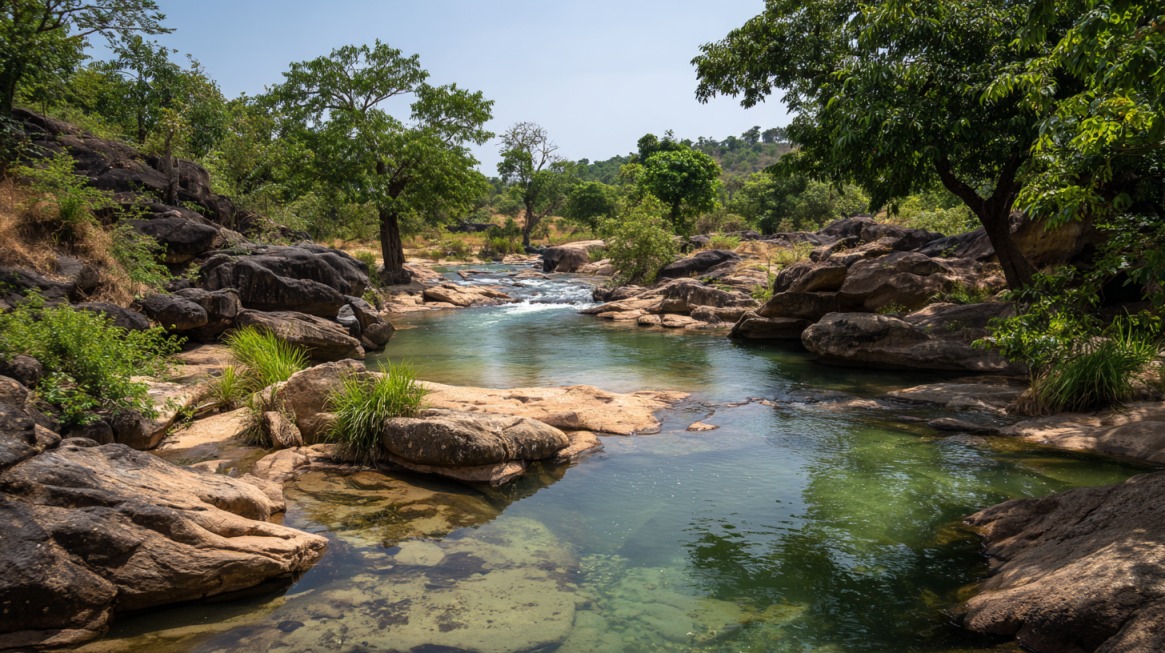
- Established in 1956 as a Game Reserve, it was one of the earliest attempts to safeguard wildlife resources in Northern Nigeria.
- Upgraded in 1991 to National Park status, its recognition marked a significant milestone in national conservation policy.
- Management control shifted over time, starting with the Federal Government before being handed over to the Bauchi State Government, signaling local involvement in protecting the park.
Cultural and archaeological significance enhances its global profile.
Evidence of ancient iron smelting sites, remnants of early human settlements, and caves used by local communities paint a picture of human activity that spans centuries.
Artifacts tied to the slave trade add layers of history that make the park more than a wildlife destination.
Visitors who explore these elements walk away with both ecological and cultural knowledge, creating a more complete appreciation of its value.
Summary
Yankari National Park deserves a place on every wildlife lover’s bucket list.
Supporting sustainable tourism here contributes to conservation efforts that protect Nigeria’s largest elephant population and many other species.
Visitors not only gain personal adventure but also participate in preserving one of West Africa’s most important ecological treasures.
Read more: Some people realize how beautiful living in Nigeria is after visiting for a Safari, but to live there, you need a VISA, and to work there, you need to be familiar with their laws and economy.
Related Posts:
- Tanzania's Serengeti vs. Ngorongoro Crater - Which…
- Nigeria National Football Team: Key Achievements and Records
- Exploring Lake Chad Basin - Travel, Culture, And…
- What is Okro Soup? A Guide to This Popular African Dish
- How to Make Nigerian Suya Spice - Step-by-Step Guide
- How to Avoid Common Tourist Scams in Egypt - Guide…



